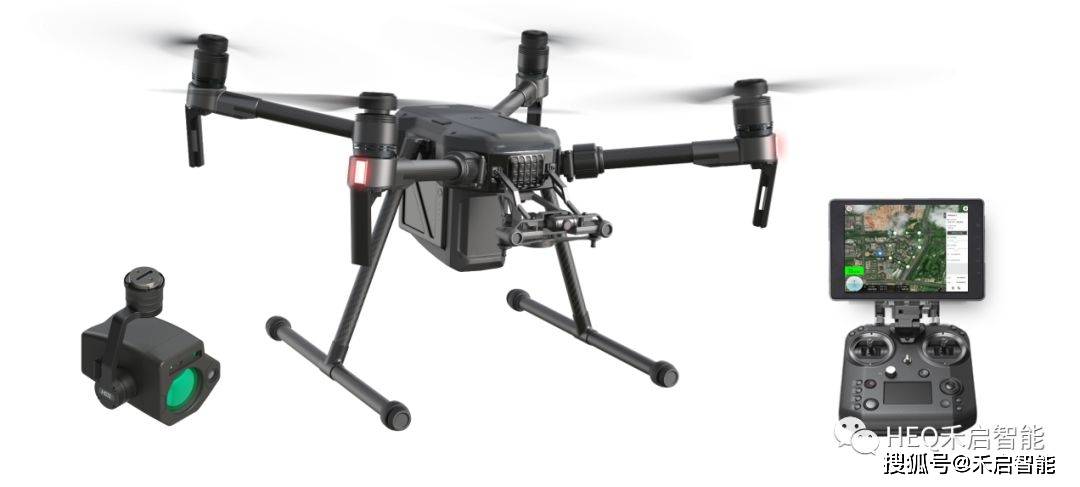Exploring the Vast World of FPV Drones: Understanding Their Significance
FPV drone, an abbreviation for First-Person View drone, represents a revolutionary advancement in drone technology, offering users a unique experience of flying. Unlike traditional drones, FPV drones allow operators to see real-time video feed from the drone’s perspective, thereby enhancing the control and interactivity of drone piloting. This technology has not only captivated hobbyists but has also found applications in various professional fields.
At the core of FPV drone meaning, lies the ability to offer immersive flight experiences. The setup generally comprises a camera mounted on the drone and a video transmission system that relays the footage to FPV goggles or monitors worn by the pilot. This configuration places pilots in the proverbial cockpit of the drone, making it as though they are soaring through the skies themselves.
Applications of FPV Drones in Diverse Fields
FPV drones are not merely tools for thrilling adventure; they have pragmatic user applications that serve multiple industries. In cinematography, they are employed to capture dynamic aerial shots, providing directors with new angles and perspectives for storytelling. These drones are agile, capable of weaving through tight spaces where traditional drones struggle.
Apart from arts and entertainment, the use of FPV drones has gained traction in agriculture. Farmers utilize them to monitor crops extensively, ensuring optimal management practices are in place. FPV technology permits close-up inspections without physically traversing large areas, thus enhancing efficiency in crop surveillance.

The Competitive World of FPV Drone Racing
FPV drones have carved out a niche in the realm of sports with FPV Drone Racing, a fast-paced and challenging activity where pilots fly through intricate courses striving for speed and precision. Participants wear FPV goggles, guiding their drones with extraordinary skill through obstacle-laden tracks at high speeds. This sport has escalated in popularity, leading to organized leagues and international competitions that draw spectators by the thousands.
Technological Advancements Driving FPV Drones
Technological innovations continue to propel FPV drones forward. Enhanced battery life, sophisticated flight controllers, and lightweight materials contribute to improved performance. Additionally, advances in camera technology mean clearer, high-definition video feeds, allowing for more vivid and detailed FPV experiences.
FAQs
- What is the range of an FPV drone? The range of FPV drones varies widely depending on the model and equipment. Commercial FPV drones typically have a range between 1-3 kilometers, although custom setups can extend this significantly.
- Is FPV drone piloting difficult? While FPV drone piloting comes with a learning curve, many find the process rewarding. With practice, pilots can master control, and various community resources are available to help beginners improve their skills.
- Are FPV drones safe to use? FPV drones are safe when used responsibly. Adhering to local regulations and maintaining awareness of surroundings is essential to ensure safe and enjoyable flight experiences.
FPV drones undoubtedly represent a significant leap in drone evolution, merging innovation with practical applications. As technology continues to evolve, these drones will likely play an even larger role in various sectors, offering unprecedented opportunities for both hobbyists and professionals alike.